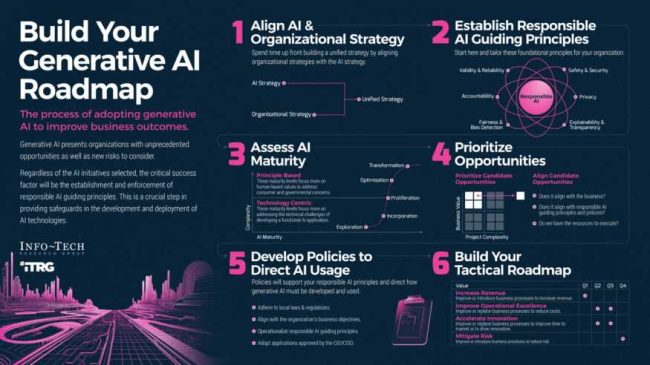
New areas of university research are prompted by generative AI
Strong university industry ties, which are a major driver of AI research, as well as Taiwan’s dominant global position in the semiconductor industry it produces 60% of the world’s chips and 90% of the most advanced ones all contribute to the country’s ability to draw talent and investment in artificial intelligence.
Research efforts to address issues arising from the deployment of generative AI technologies have proliferated since the advent of generative AI.
The emergence of Chat GPT, which can write text that resembles that of a human, and other generative AI tools, according to Hsian tine Lin a professor in the department of computer science and information engineering at National Taiwan University (NTU) the island’s preeminent university for AI research, indicates that there are new issues to recognize and address. This encourages study on AI.

Lin stated to University World News that there are numerous generative AI experiments underway in his NTU lab. Generative AI is quite effective for certain tasks, but in most cases, the areas where it falls short of our expectations require human intervention.
For example, we must determine if the issue is a result of a technological limitation, in which case we must integrate it with alternative technologies, or if the issue may be related to the data itself. Next, we must consider the data collecting plan and determine the underlying reasons.
However, generative AI research goes beyond simply correcting bugs or issues with how generative reacts to user input or inquiries in order to increase accuracy.

This kind of research is entirely unrelated to conventional scientific or computing research. He declared, We need to define a new process of how we do research for generative AI. Lin continued, saying that the conventional methods of accomplishing things like instrumentation and creating models is insufficient today.
He made reference to content that is merely inaccurate or made up by generative AI tools. With generative AI, a careful evaluation process in research is much more important because the results from generative AI are not always reproducible, so how can we convince ourselves that we are getting true research results rather than hallucinations he asked.
Lin clarified; in the lab we try to make sure that we’re not just testing a few cases over and over again. For instance we specify the minimal subjects or inquiries that generative AI must address in order to provide findings that are credible. To understand the variations, we specify for instance how many times we ask generative AI the same question.
Our goal is to incorporate this into our research process rather than merely verifying three scenarios and being ecstatic that generative AI provided the answer to our query.
